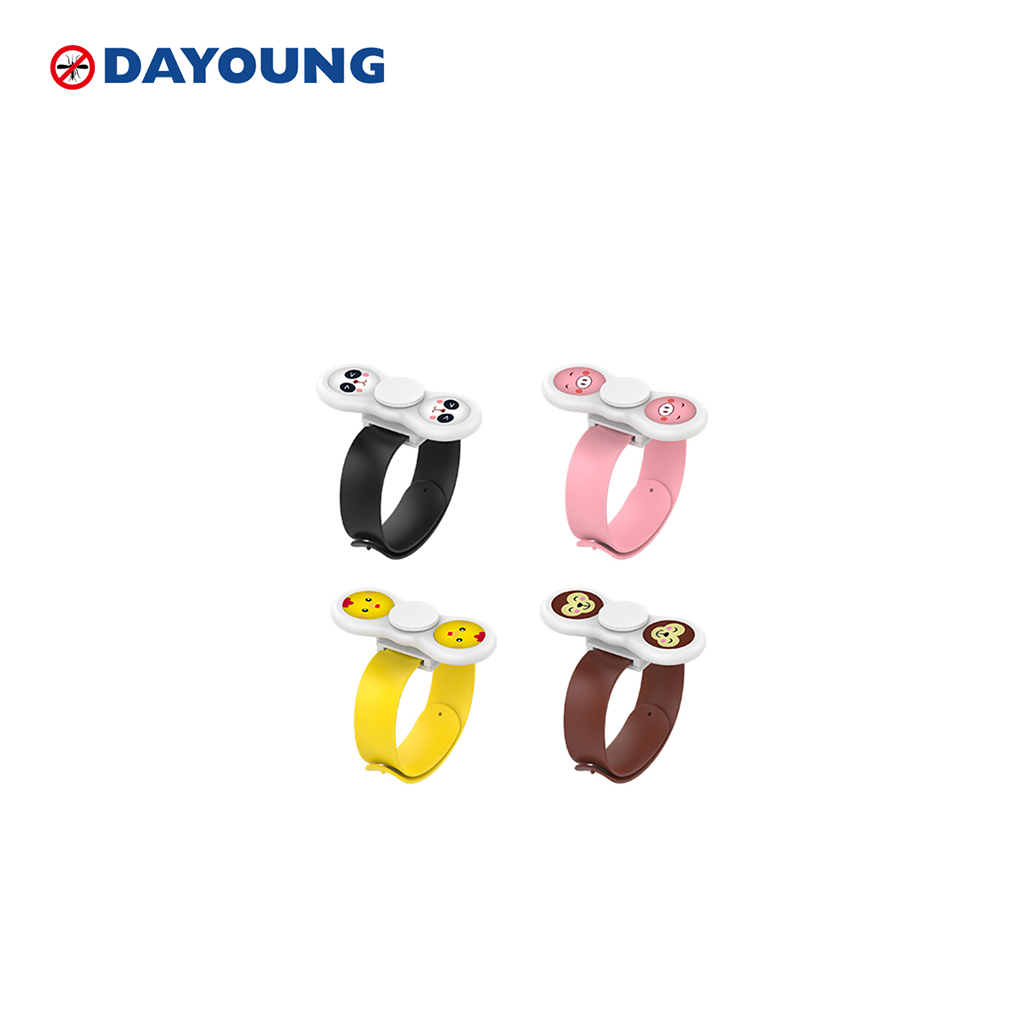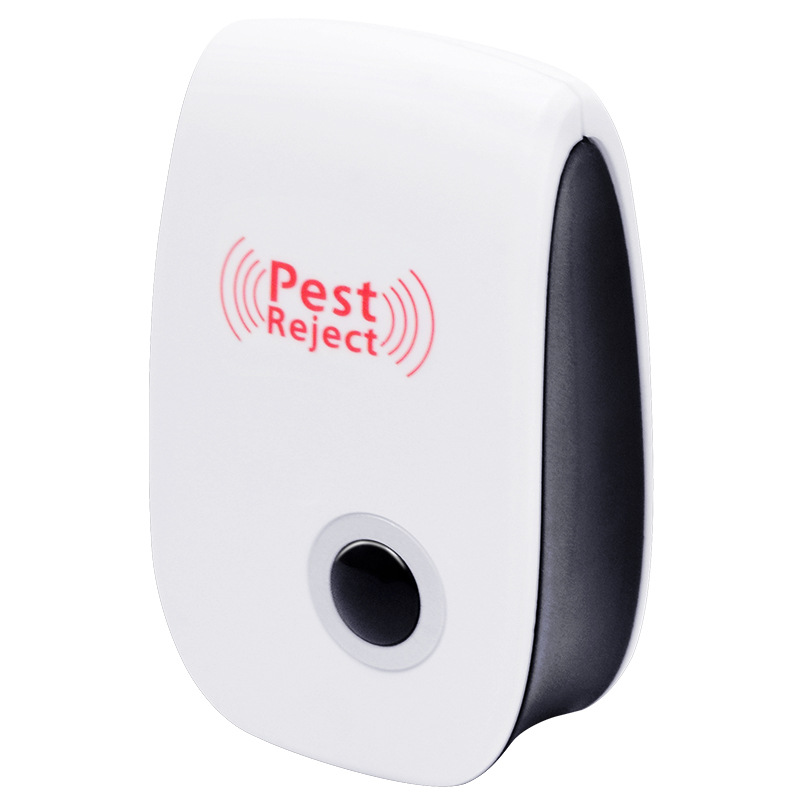Every night, a mass murderer stalks the darkness of America’s suburbs. An eerie blue glow lures hapless victims from their homes. The doomed souls, mesmerized by the light, throng to their deaths in sizzling blasts of electricity.
I’m talking about the bug zapper. Many people use the device to rid themselves of mosquitoes and other pests. “Kill flies, mosquitoes, gnats, and wasps,” touts Black and Decker. Flowtron will help eliminate flying pests over up to “2 acres” for just $315. Another advertises itself as an “eco-friendly” way to “instantly kill” mosquitoes. Zapper Mosquitos

The problem? None of these claims are true, scientists say. In fact, bug zappers make it more likely you’ll be bitten by mosquitoes while sitting in your backyard.
“When it comes to mosquitoes, bug zappers don’t work,” says James Fordyce, an entomologist at the University of Tennessee at Knoxville. “I don’t know any insect ecologist that doesn’t know that.”
Bug zappers are exceptional killers of bugs — just not the ones that bite you. Among the thousands of insects these devices electrocute each night, almost all are harmless. One study estimated even a fraction of the bug zappers sold in the United States kill more than 70 billion insects annually — with no discernible impact on mosquitoes or other biting insects. This pointless slaughter of local insect populations may be hastening the decline of species, the insect apocalypse.
I talked to experts about why bug zappers are a really bad idea to get rid of mosquitoes — and what works instead.
Bug zappers purport to work by attracting mosquitoes, typically using a lightbulb that emits ultraviolet light, or sometimes carbon dioxide or chemical bait. An electrified metal mesh incinerates them on contact, generating a sizzling “pop.”
Yet studies show virtually no mosquitoes or other biting insects ever enter a zapper.
In 1997, the University of Florida’s medical entomological laboratory tallied the death toll from one bug zapper over a single night: 10,000 insects. Just eight were mosquitoes. Similar studies reflected those findings.
Around the same time, researchers at the University of Delaware used a bug zapper to trap 13,789 insects over a summer. Only 31 — 0.22 percent — were biting insects such as mosquitoes and gnats. What did it kill? Beneficial bugs, mostly. Roughly half the victims — 6,670 insects — were harmless aquatic species from nearby rivers and streams, fish food in the aquatic food chain. Many of the others were parasitic wasps and beetles that naturally prey on mosquitoes.
Mosquitoes are not fooled by zappers because, along with other bloodsucking insects, they have evolved to home in on animals’ exhaled carbon dioxide, not ultraviolet light, scientists say. Even if mosquitoes are drawn in by a bug zapper, they will immediately redirect their attention to their favorite foods: warmblooded mammals, especially humans.
So far, there’s no evidence in the scientific literature supporting many bug zappers’ claims, says Phillip Kaufman, the head of the entomology department at Texas A&M University: “I have not seen any published data showing any efficacy.”
And Colorado State University’s extension service has reached the same conclusion: “No controlled scientific study has shown that these devices reduce mosquito biting rates outdoors,” it states on its website.
I asked three leading manufacturers of bug zappers — Black and Decker, Aspectek, and Flowtron — for studies supporting their marketing claims, which according to the Federal Trade Commission must be supported by “competent and reliable evidence.”
None responded with material supporting their claims after multiple inquiries. Black and Decker referred all questions to a contract manufacturer, which also did not respond.
These claims not only mislead buyers by ignoring scientific evidence, but they could create a false sense of security for people who use these devices to protect against mosquito-borne diseases in the United States, Fordyce said. “If one would like to avoid being bit, a repellent is the solution,” he says. “Even if zappers worked … it’s kind of like chumming the waters whilst armed with a spear gun to avoid sharks.”
The FTC, while not commenting on the companies’ marketing statements, noted that it had investigated misleading statements and safety issues in the past issuing warning letters and filing cases against manufacturers of other types of pest control, such as ultrasonic devices. FTC officials recommended the public submit any complaints through their website.
Bug zappers are just one of many suspect products promising to get rid of biting insects: ultrasonic devices, propane-fired CO2 traps, and pesticide misters are among those that do not work, or do more harm than good, according to Texas A&M.
But you have plenty of ways to defend yourself without killing the rest of the insect world. I’ve rounded up the best ones here:
Clean up your yard: First, prevention. Mosquitoes need standing water to breed. “The number one most important thing you can do is dumping standing water,” says Angela Laws of Xerces, a conservation nonprofit dedicated to invertebrates. If the problem persists, she recommends coordinating with neighbors and community-wide efforts to get rid of breeding spaces. Neighborhood spraying might seem effective, but it lasts a few days at most since new mosquitoes simply fly in.
Traps: If you want to treat your yard, try the “Bucket of Doom.” The simple design, based on technology developed by the Centers for Disease Control, uses a 5-gallon bucket filled with water and leaf litter or straw. Mosquitoes love to lay eggs here. By adding granules of a naturally occurring bacterium (Bacillus thuringiensis), mosquito larvae are killed off after hatching with no risk to mammals, amphibians, reptiles or other insects. You can buy related traps recommended by Consumer Reports such as the Ovi-Catch AGO trap sold by Catchmaster or the “GAT” trap sold by the company Biogents.
Cover up with clothing: This sounds simple, but long sleeves and pants will prevent most bites. Repellents (see below) can prevent many of the rest.
Turn on a fan: Mosquitoes can’t fly against a steady breeze. A simple fan, aimed below table level for those preferring to protect lower extremities, can keep many mosquitoes away.
Use repellents: This is the gold standard. For nearly a century, scientists have sought out safe, effective and long-lasting insect repellents. They’ve been remarkably successful. Plenty of options exist today.
Almost all skin-applied repellents are registered with the Environmental Protection Agency for safety and efficacy. To find a specific product, search the EPA’s tool for registered insect repellents by brand, hours of protection and other criteria.
How to prevent bug bites
Oil of lemon eucalyptus, PMD and picaridin, a compound found in certain pepper plants, are among the popular options. But none are as effective as DEET, the common ingredient in Off!, Cutter, Sawyer and Ultrathon. One application can repel mosquitoes and ticks for most of the day.
DEET, discovered more than 70 years ago, is not a pesticide, but a synthetic compound that mimics chemicals in the wild that insects avoid, says Walter Leal, a Brazilian biochemist and entomologist at the University of California at Davis who discovered the mechanism behind DEET.
Many people have avoided it, perhaps because of a misplaced association with toxic chemicals or DDT, a pesticide that harms birds, but it has proved to be the most effective against mosquitoes, biting flies, chiggers, fleas and ticks. It is considered safe for people and wildlife. While the American Academy of Pediatrics suggests parents use DEET “sparingly” on children younger than 2, studies concluded DEET “presents little to no risk” when used as directed.

OEM Repellent Bracelet Anti Mosquito Manufacturer “This notion that if it’s ‘natural,’ it’s always good, and if it’s synthetic, it’s bad, that’s a terrible notion,” says Leal. “Because many natural products are very toxic. It’s case by case.”